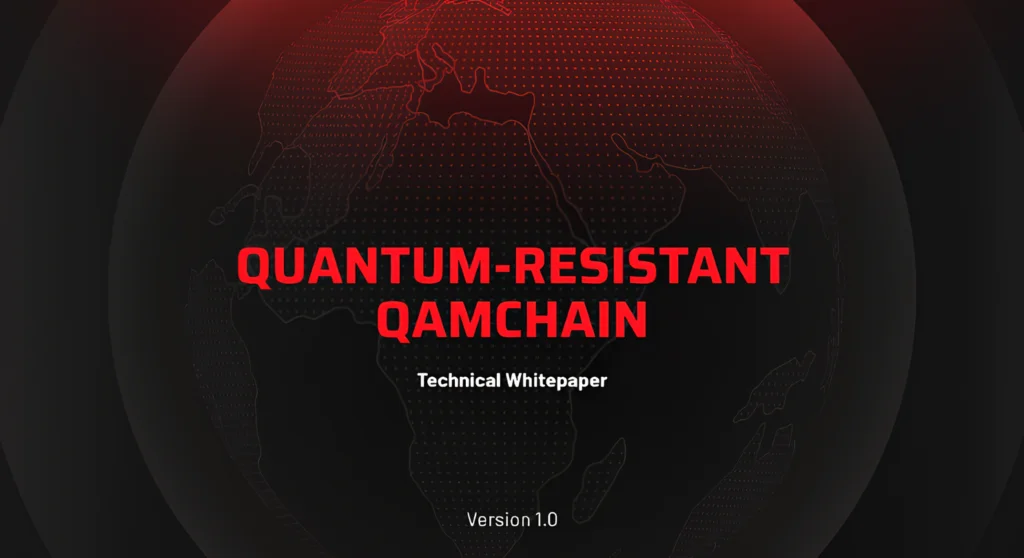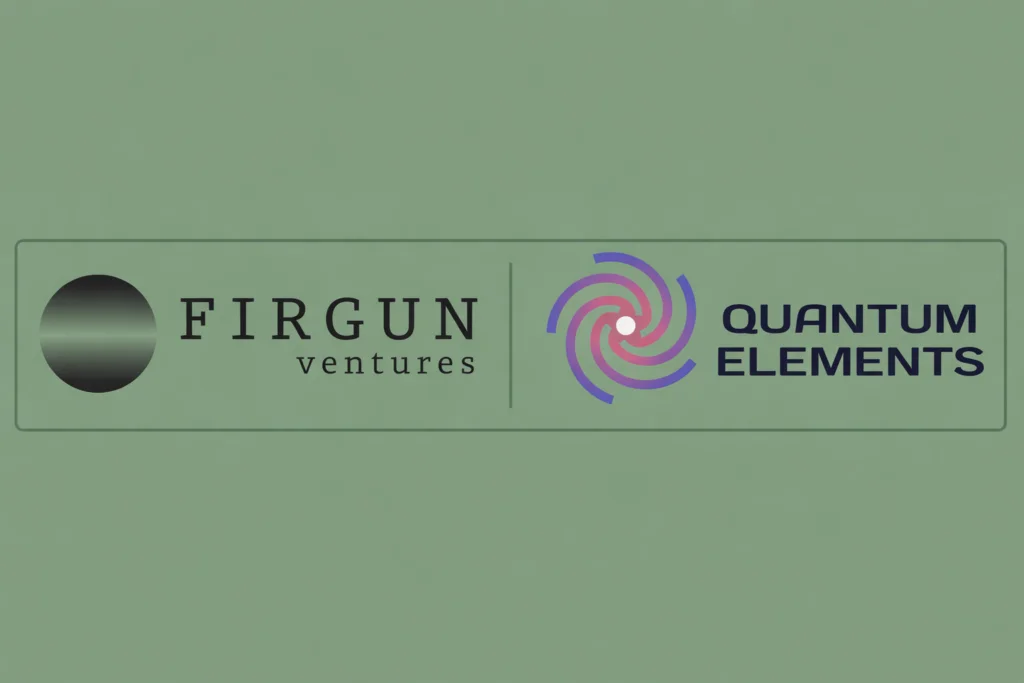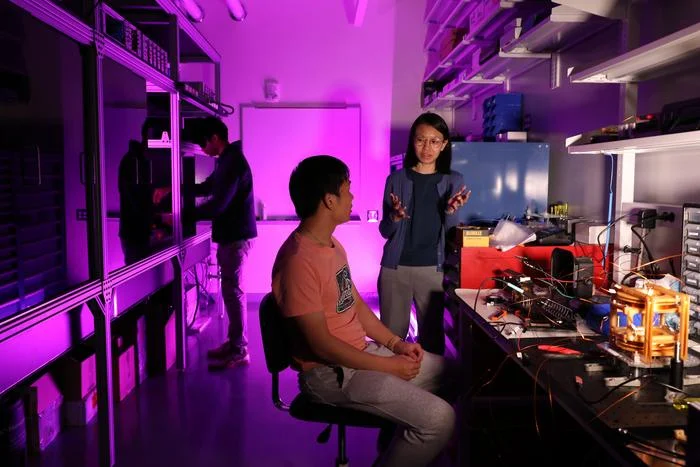Forge
News from the quantum computing (QC) space is that startup QC Ware has announced a beta version of its ‘quantum-computing-as-a-service platform Forge, which is now available on the cloud.
The product, available for free for a thirty-day trial, aims to — according to the company’s Twitter account — ‘give developers access to quantum hardware and simulators across vendors’.
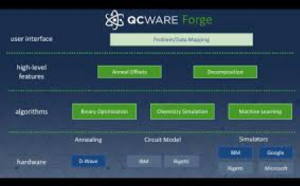

The startup, founded in 2014 by Matt Johnson and based in Palo Alto, California, managed to raise $6.5 million back in 2018 from a Series A funding round and hopes to keep the momentum up with the release of its Forge platform. What is more impressive, though, is QC Ware’s ongoing cooperation with a number of Fortune 100 companies in order to advance algorithms and other prototypes in the space for the benefit of solving some of the hardest computational problems.
‘There are really only 15 or 20 people in the world, who will make or break quantum computing.’
— Matt Johnson, CEO QC Ware
Conduit
The company, seeing a niche in the QC market for its services, hopes to capitalize on an industry that is growing exponentially. Already the market is crowded with companies such as IBM and Google representing the big players while Rigetti Computing, as well as a dozen others, sit ready to fight in the startups’ corner. All offer hardware and open-source quantum simulators that are easily accessible to researchers and academics. QC Ware, noticing a potential niche in this area, identifies itself as a possible conduit to those companies and their customers.
Bare Bones
The bare-bones philosophy of the Forge platform is to offer academics and companies within the space a simplified, streamlined way to access these simulator and hardware services so they can run their algorithms for chemistry simulations, binary optimization and other tasks with ease.
The startup promises to make this process as easy as pie; users, the company states, require no experience on quantum computers.
Seems too good to be true, but that’s what they promise.
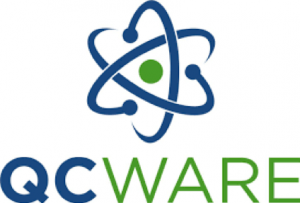
‘To assist our customers in that exploration, we are spending all of our cycles working on ways to squeeze as much power as possible out of near-term quantum computers, and to bake those methods into Forge.’
— Matt Johnson, CEO QC Ware
Double Caveat
Although the industry is in its infancy in relative terms to what it can offer the world in proven use cases and scalable devices that are efficient and worth the investment, the potential is obvious. Matt Johnson, along with his Head of Business Development, Yianni Gamvros, both have a sober view of the landscape, realizing there are still many technical bumps in the road that must be tackled head-on before QC and the technology behind it can be viewed by governments and the mainstream leaders in business as a viable solution to today’s technological conundrums. Another caveat, however, is that industry professionals and academics need to become more committed to the tools available and become open to fostering them as bona fide solutions to the obstacles that presently exist in the industry.









